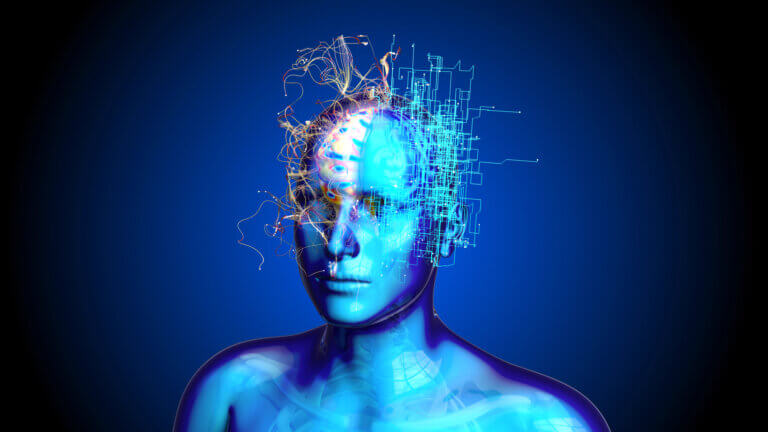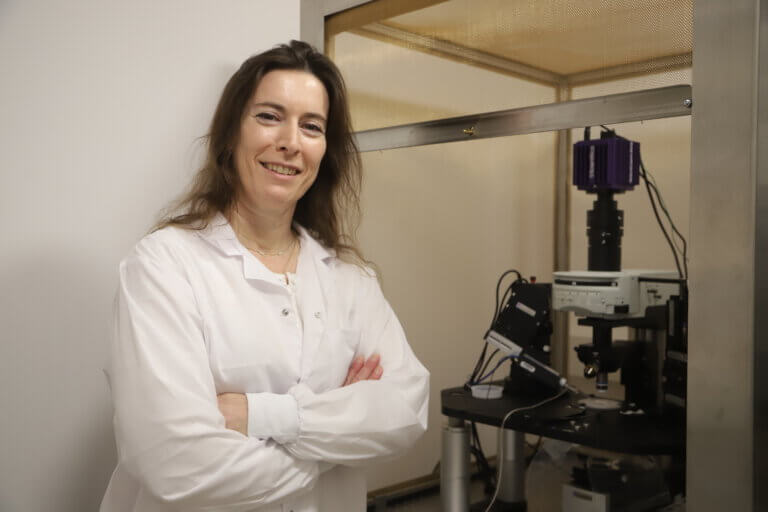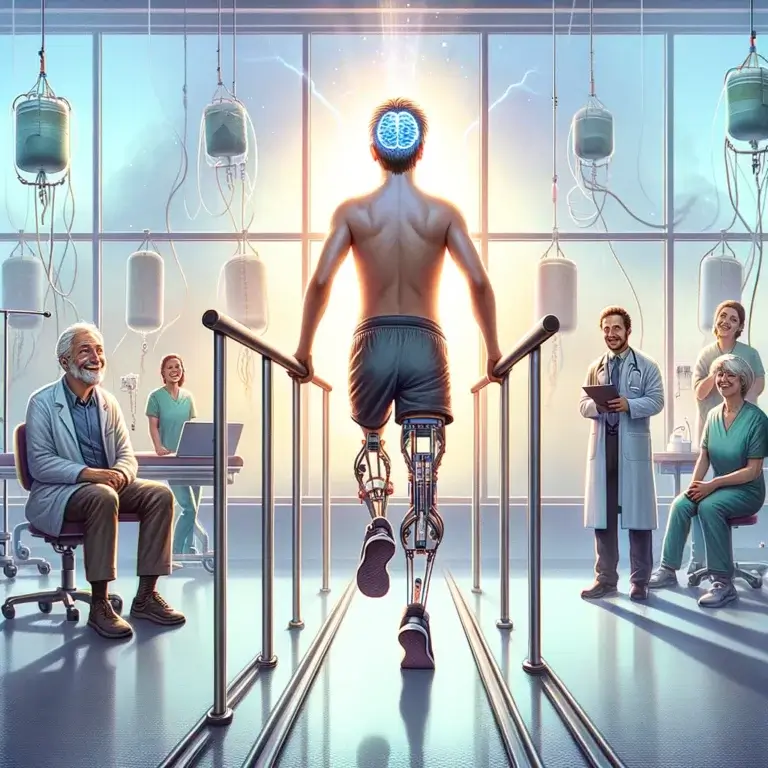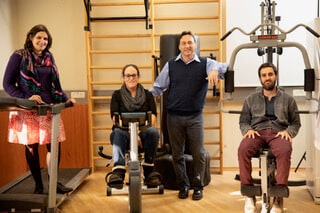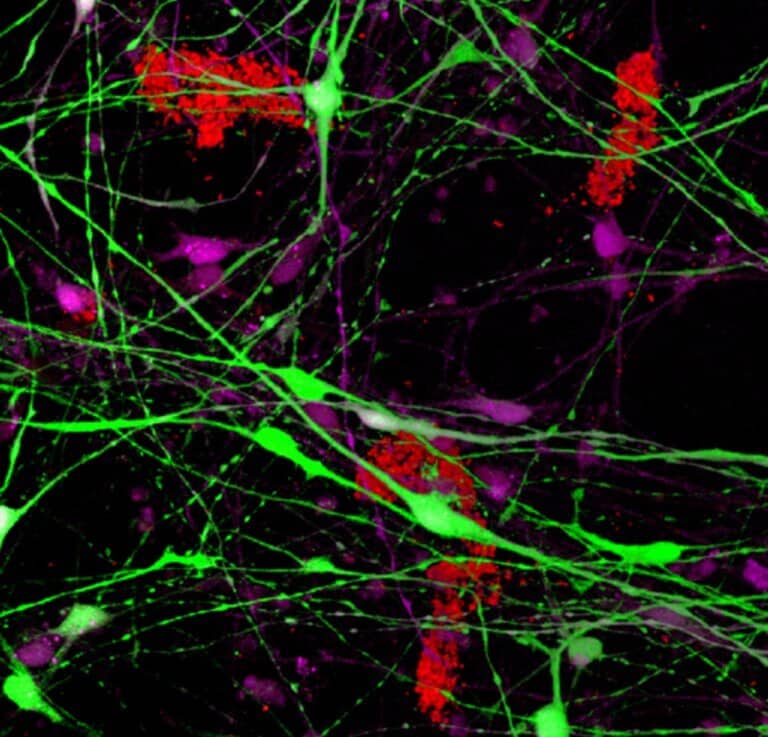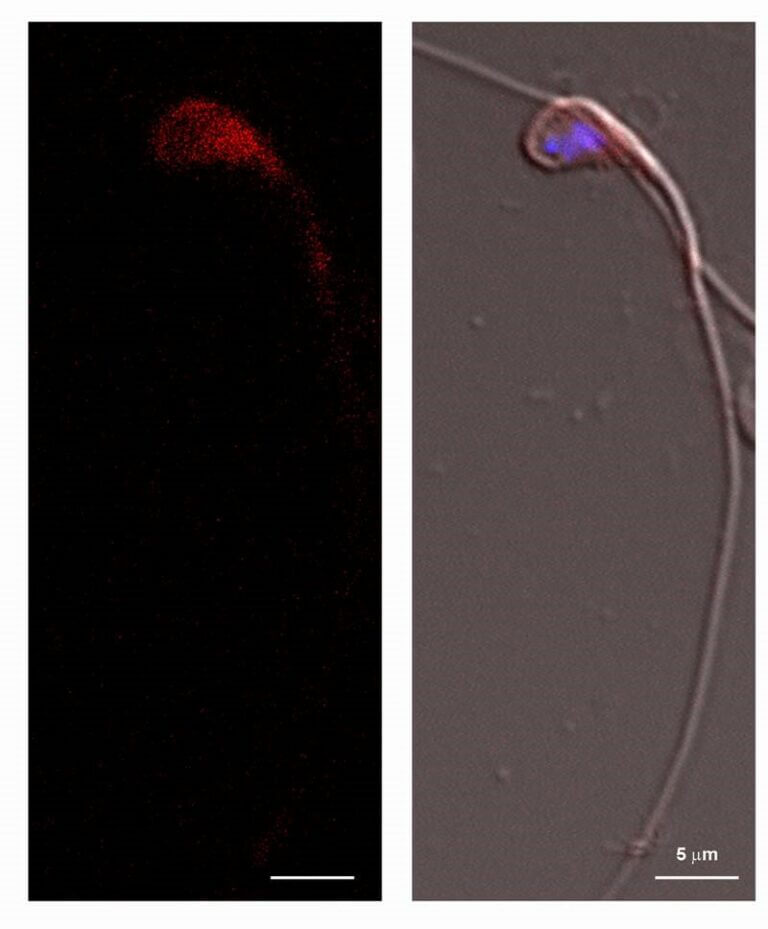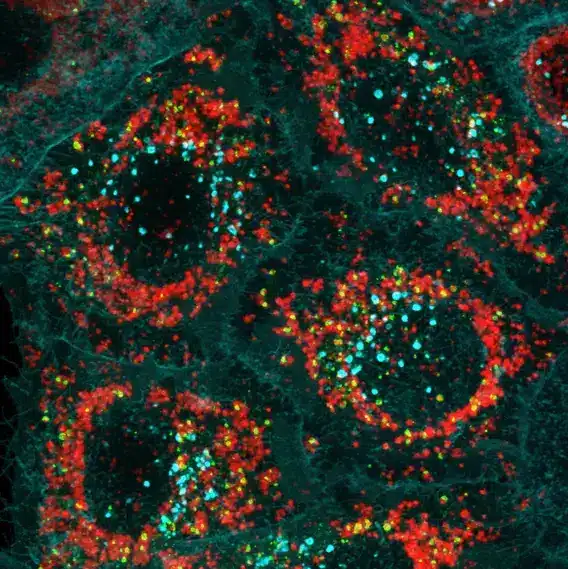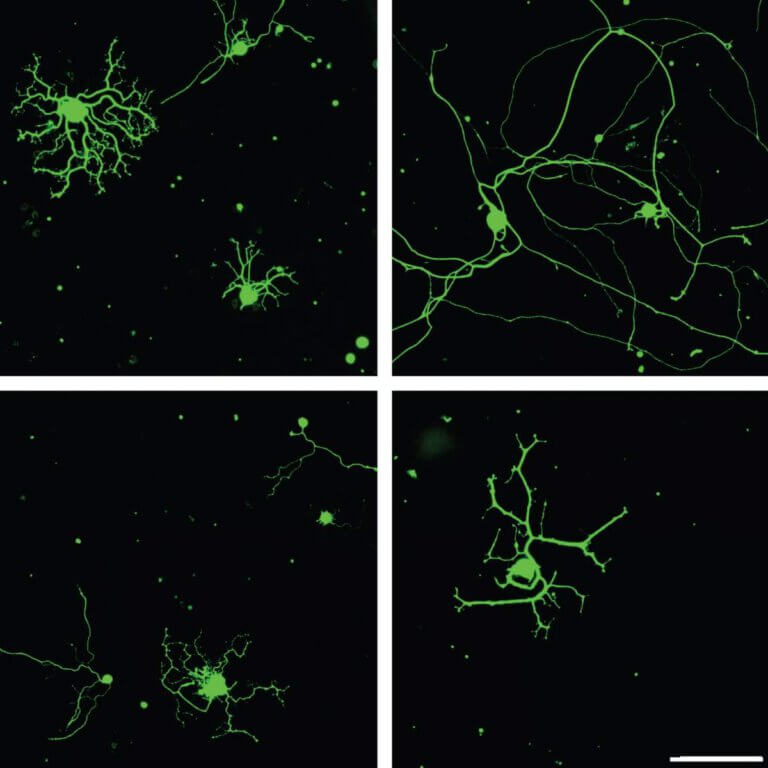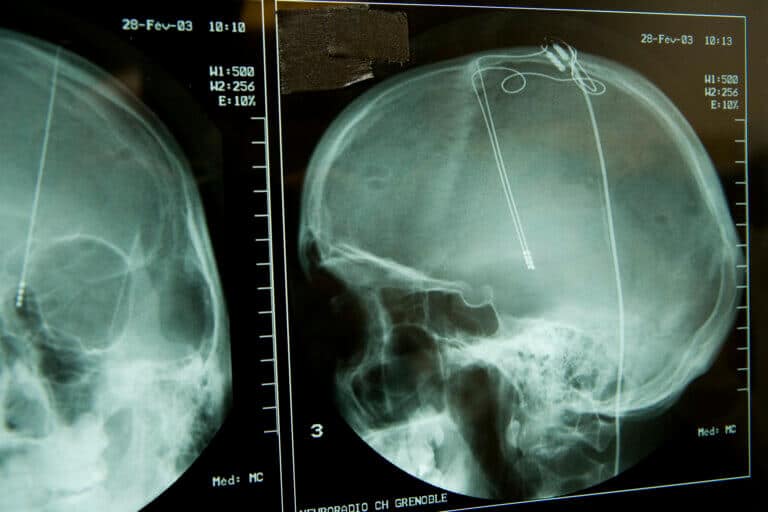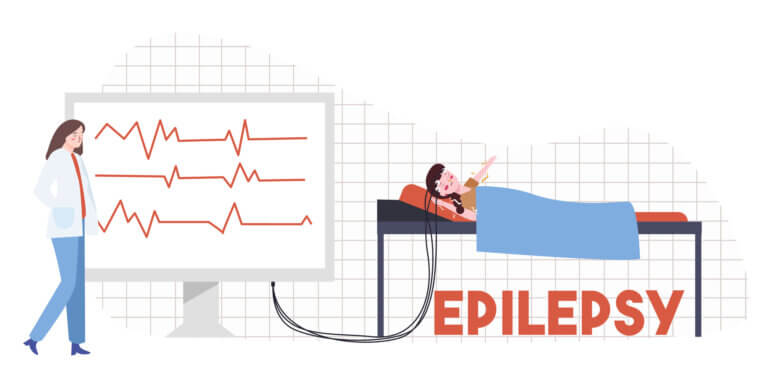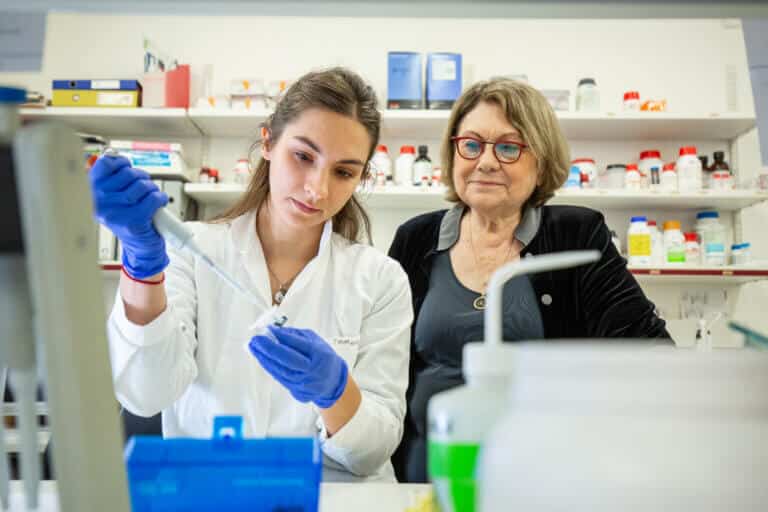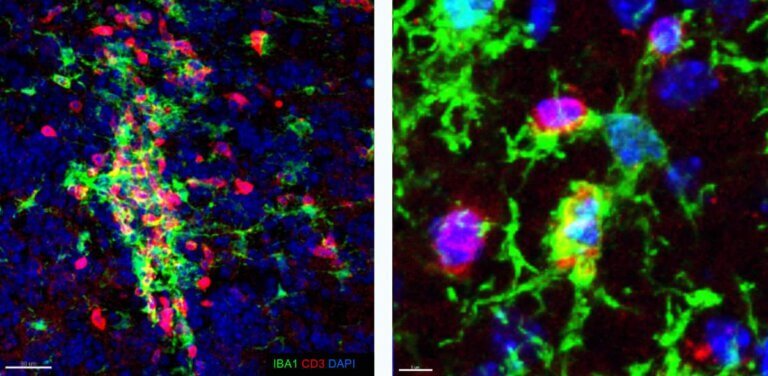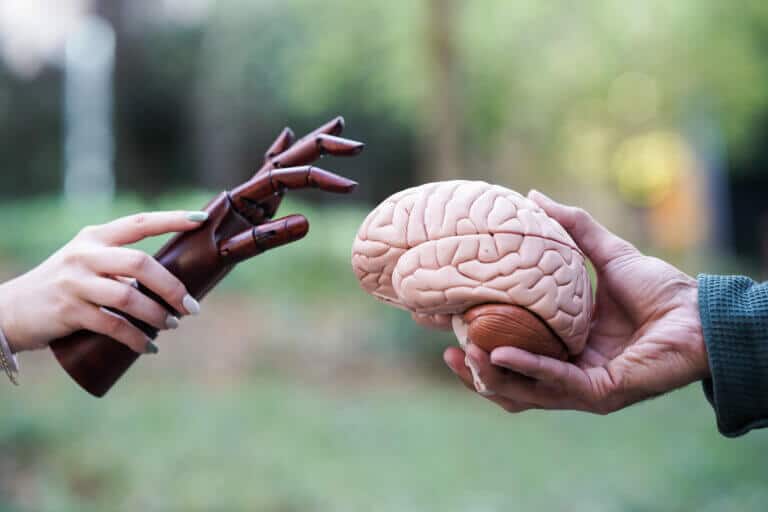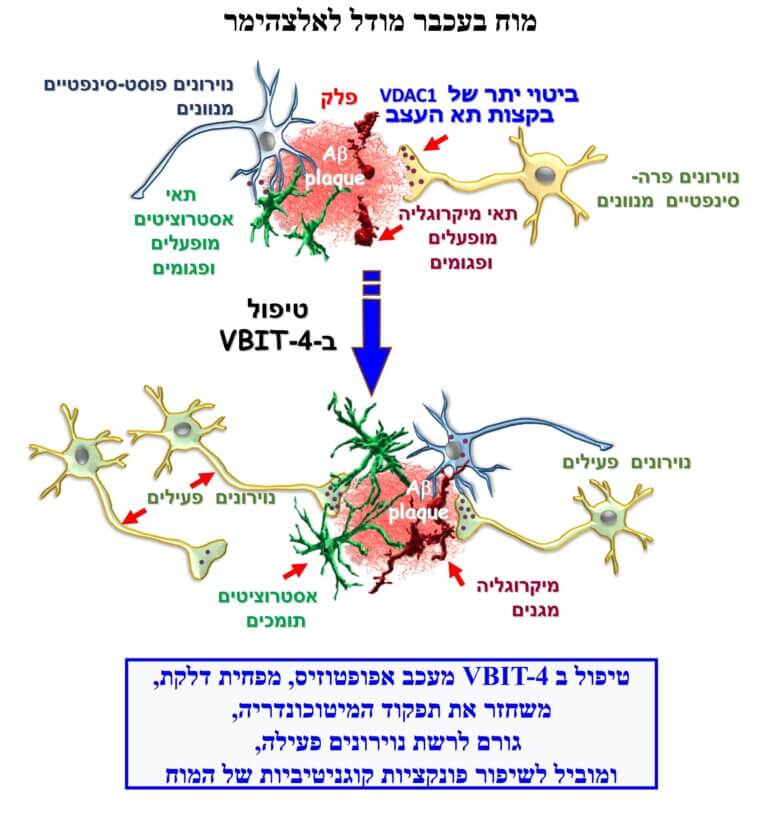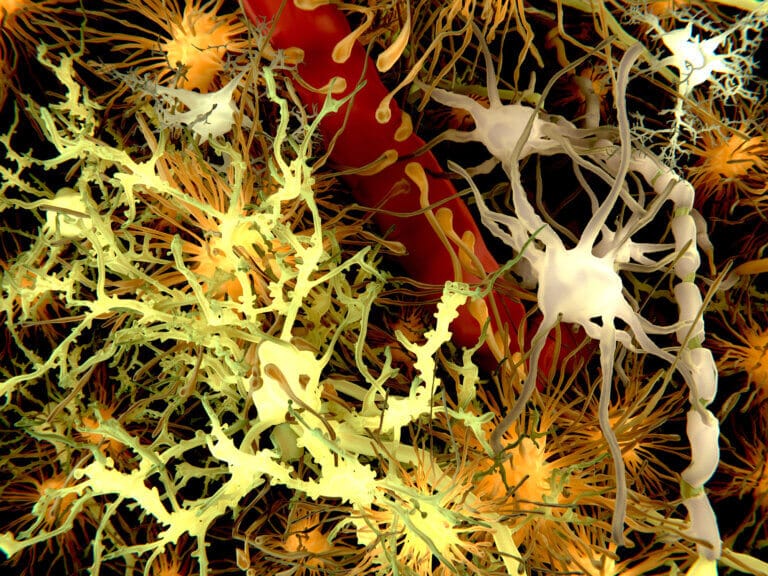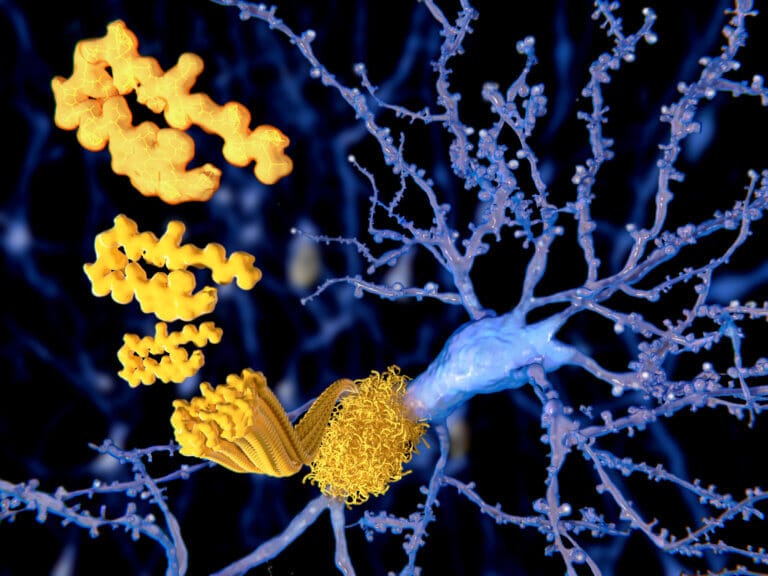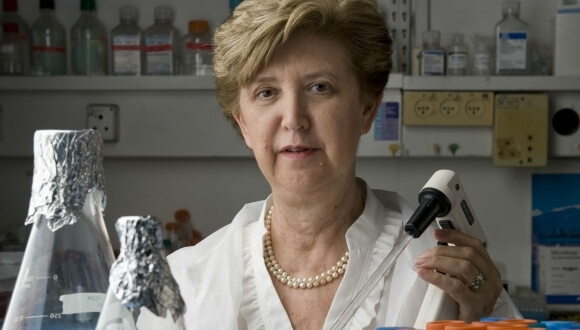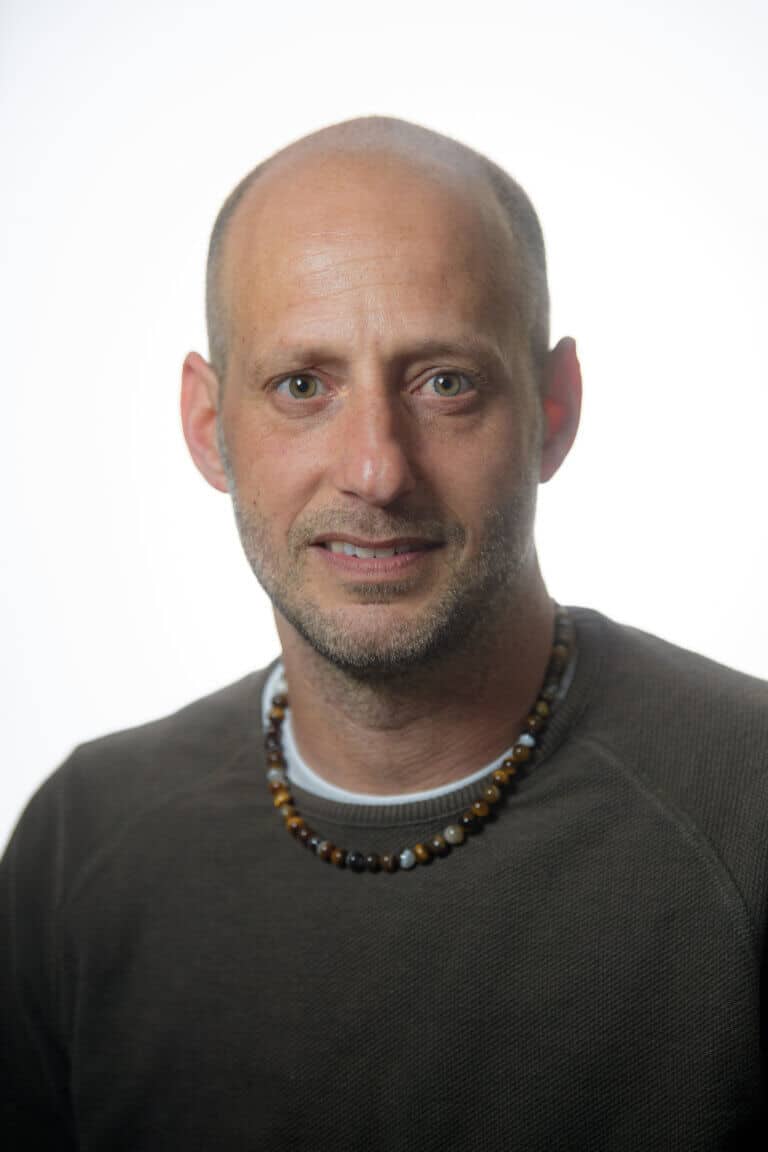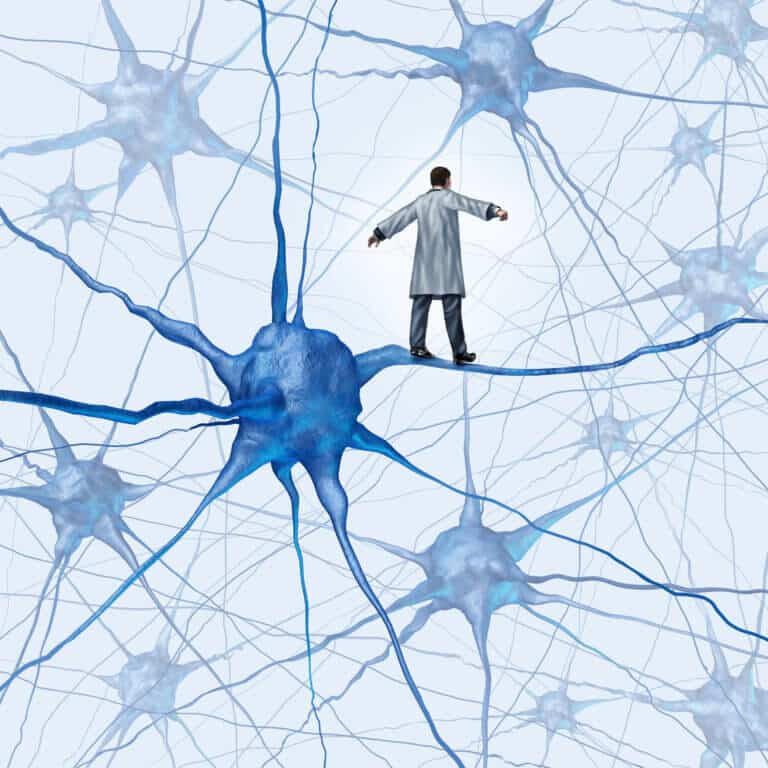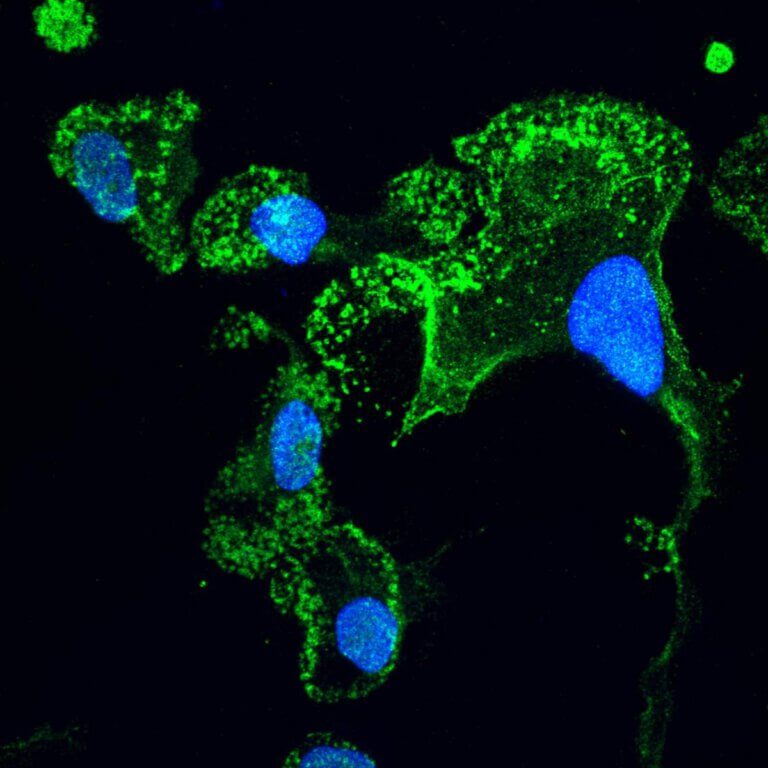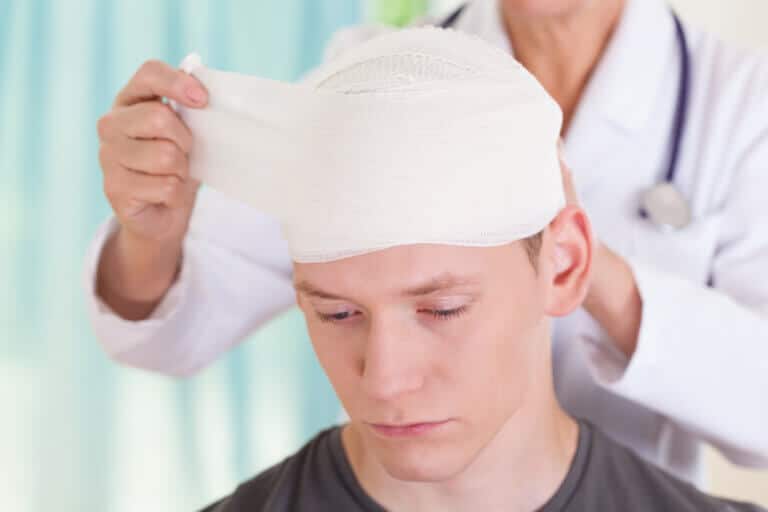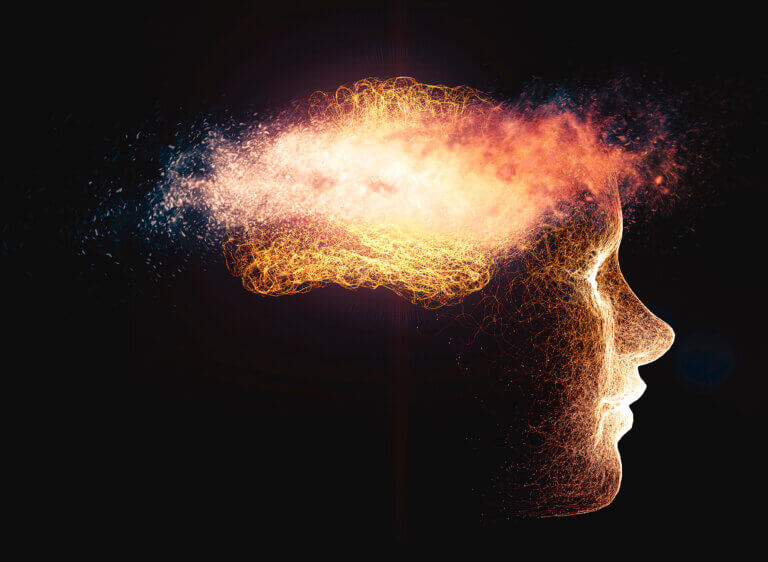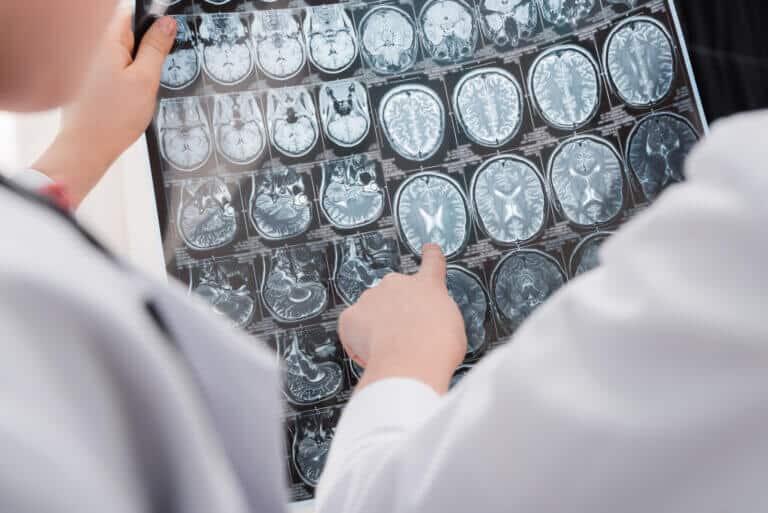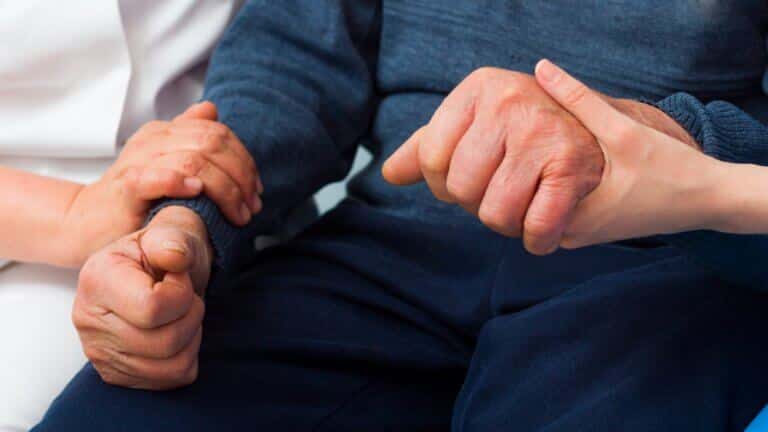Hayadan > Biology and Medicine > the brain > The brain - serious diseases
The brain - serious diseases
- Avi Blizovsky
- March 18, 2024
- No comments
Neurological morbidity is the world's number 1 cause of morbidity and disability, with over 3 billion people with brain diseases * according to an article published this weekend in the Lancet. The scope of morbidity and disability has grown since 1990 by 18%
- Haifa University
- March 6, 2024
- No comments
Extracellular matrix is the part of the tissue that surrounds the cells and provides them with structural support. Beyond the structural function of the matrix, it is used for a variety of roles, such as separating tissues from one another and controlling intercellular communication, hence its role in this disease
- Dr.Roey Tsezana
- February 27, 2024
Implanting a chip in the brain as recently done by Elon Musk's company Neurolink can, if done correctly, save patients with severe brain diseases, and that the patients no longer respond to drug treatment
- The Voice of Science website - the Israel National Science Foundation
- February 12, 2024
Researchers are examining whether aerobic physical activity, which increases the level of oxytocin, the hormone of love and connection in the body, may improve the social functioning of those suffering from schizophrenia
- The Technion
- October 3, 2023
- One response
Toxic proteins accumulate in the brains of Alzheimer's patients. In the familial Alzheimer's patients, the accumulation mechanism is clear since there is a circumstantial relationship between the mutations and the identity of the defective proteins. In the random disease, on the other hand, the reason for the accumulation of the defective proteins was unknown
- The Voice of Science website - the Israel National Science Foundation
- September 29, 2023
On the spectrum of disorders caused by a defect in one gene
- Avi Blizovsky
- September 26, 2023
- No comments
Researchers at the Walter and Eliza Hall Institute (WEHI) in Melbourne have solved a long-standing mystery regarding the role of a protein in removing damaged mitochondria from the body. These findings may pave the way for potential new treatments for Parkinson's disease
- Weizmann Institute
- September 12, 2023
The molecule that carries with it a message of regeneration
- The Voice of Science website - the Israel National Science Foundation
- August 30, 2023
Abnormal electrical activity in the brain triggers OCD and Parkinson's symptoms
- The Voice of Science website - the Israel National Science Foundation
- July 27, 2023
The proteins and mechanisms required to fight the protein accumulations that lead to neurodegenerative diseases have been identified
- Tel Aviv University
- June 15, 2023
The research team hopes that the tools developed in this study will pave the way for the development of similar treatments for other rare diseases
- The Hebrew University
- May 10, 2023
- No comments
Professor Hermona Sorek, one of the world's leading researchers of gene expression in the brain, was able to find, in collaboration with her research colleagues, a molecular mechanism that occurs in the brains of Alzheimer's patients, which does not occur in men and which explains the acceleration of cognitive deterioration in Alzheimer's patients
- Weizmann Institute
- May 5, 2023
The scientists of the institute have identified the cells in the brain that are responsible for the grace periods of the multiple sclerosis patients. The findings may pave the way for new treatments
- The Technion
- April 22, 2023
- No comments
The brain's control of subtle movements is based on complex mechanisms that challenge many researchers from different fields. Research conducted at the Technion sheds light on this issue and may lead to the development of innovative, personalized rehabilitation strategies
- Ben-Gurion University
- February 21, 2023
- 2 תגובות
The research carried out at Ben Gurion University focused on the VDAC1 protein that controls mitochondrial activity and controls cell life and death
- The Voice of Science website - the Israel National Science Foundation
- January 12, 2023
- Science site The Conversation
- August 23, 2022
- 4 תגובות
A seminal 2006 article in Nature claiming that beta-amyloid protein was the main cause of Alzheimer's was found to be partially fabricated. Long years of attempts to develop medicines were lost in vain * Twenty more articles by the same author are now being examined
- Tel Aviv University
- May 25, 2022
An experimental drug developed in a laboratory may be suitable for the treatment of a variety of rare syndromes that impair brain function
- Ben-Gurion University
- May 16, 2022
- No comments
AHDS patients are unable to walk or sit independently and do not even develop the ability to speak. So far, about 300 patients have been diagnosed in the world, however, due to being a rare syndrome that was recently identified, it can be estimated that the number of patients in the world is greater than this number.
- Bar-Ilan University
- May 8, 2022
At the Multidisciplinary Center for Brain Research at Bar-Ilan University, researchers investigate, among other things, the effect of age, brain injuries or neurological diseases such as Parkinson's disease on memory
- Weizmann Institute
- April 1, 2022
Weizmann Institute of Science scientists have discovered a new pathway that may protect nerve cells in the brain and slow down the development of degenerative brain disease
- Tel Aviv University
- March 29, 2022
Due to incorrect diagnosis and treatment: 4 in XNUMX children who have suffered a minor head injury may suffer from chronic post-concussion syndrome
- The Technion
- February 13, 2022
- No comments
Technion researchers have discovered proteins in our bodies that are able to prevent processes that cause neurodegenerative diseases
- Tel Aviv University
- January 5, 2022
Researchers from Tel Aviv University identified for the first time the biological mechanism that causes the destruction of nerves in the muscular dystrophy disease ALS
- The Hebrew University
- January 3, 2022
A study from the Hebrew University published in the journal "Nature Communications" reveals the connection between a decrease in the frequency of beta waves and the disease and opens up the possibility of a more targeted and effective treatment for Parkinson's

